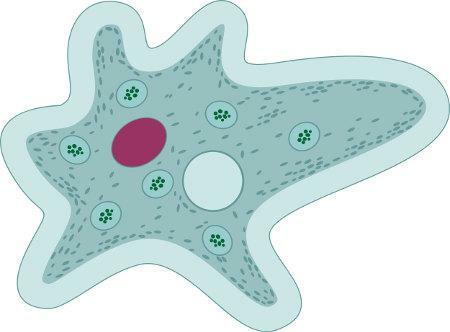Ecology it is the part of biology that is concerned with the study of the relationships established between living beings and these with the environment in which they live.. It is a term derived from the Greek that was formed from the junctions of the words "oikos" and "logos”, which mean, respectively, home and study. Therefore, the term Ecology refers to the study of the “home” of each organism on the planet.
→ When did the term Ecology come about?
The term Ecology was first used in 1866 by a German zoologist named Ernst Haeckel, in a work called “Generelle Morphologie der Organismen”. In this work, the author defined Ecology as “the scientific study of interactions between organisms and their environment”.
→ What are the divisions of Ecology?
Ecology, in general, can be subdivided into two main types: autoecology and synecology. At autoecology, the study is focused on an organism or species, analyzing its behavior and biological characteristics. THE synecology, however, deals with the study of large groups of organisms and their associations with others. Therefore, when studying a plant in a given region, we are doing an auto-ecological study; on the other hand, when we study all the organisms that live in this region and their interactions, we are doing synecological work.
→ What are the levels of organization studied in Ecology?
The study of Ecology is based on four main levels of organization:
Do not stop now... There's more after the advertising ;)
Population:A set of organisms of the same species that live together in the same area and have greater chances of reproducing among themselves than with other individuals of the same species from another region.
Communities:Set of populations that live in a given area.
Ecosystems:Set of communities in a given area in association with abiotic factors.
Biosphere: Broadest level of Ecology and corresponds to all living beings on the planet.
→ What is the importance of studying Ecology?
Ecology is concerned with the planet's living beings and their relationships with each other and with the environment. Therefore, Ecology does a study not only of the biological part, but also of chemical and physical factors. It is a complex and broad science that allows us to understand perfectly how the planet works.
By understanding how organisms live and how they relate, it is possible to create species preservation measures and predict the negative impacts that a given human action can generate. Ecology is therefore necessary to creation of preservation plans for living organisms, creation of prediction models about the future of the planet, understanding how a work can affect certain organisms, among several other important points for the preservation of biodiversity and our natural resources.
By Ma. Vanessa dos Santos
Would you like to reference this text in a school or academic work? Look:
SANTOS, Vanessa Sardinha dos. "What is ecology?"; Brazil School. Available in: https://brasilescola.uol.com.br/o-que-e/biologia/o-que-e-ecologia.htm. Accessed on July 27, 2021.



